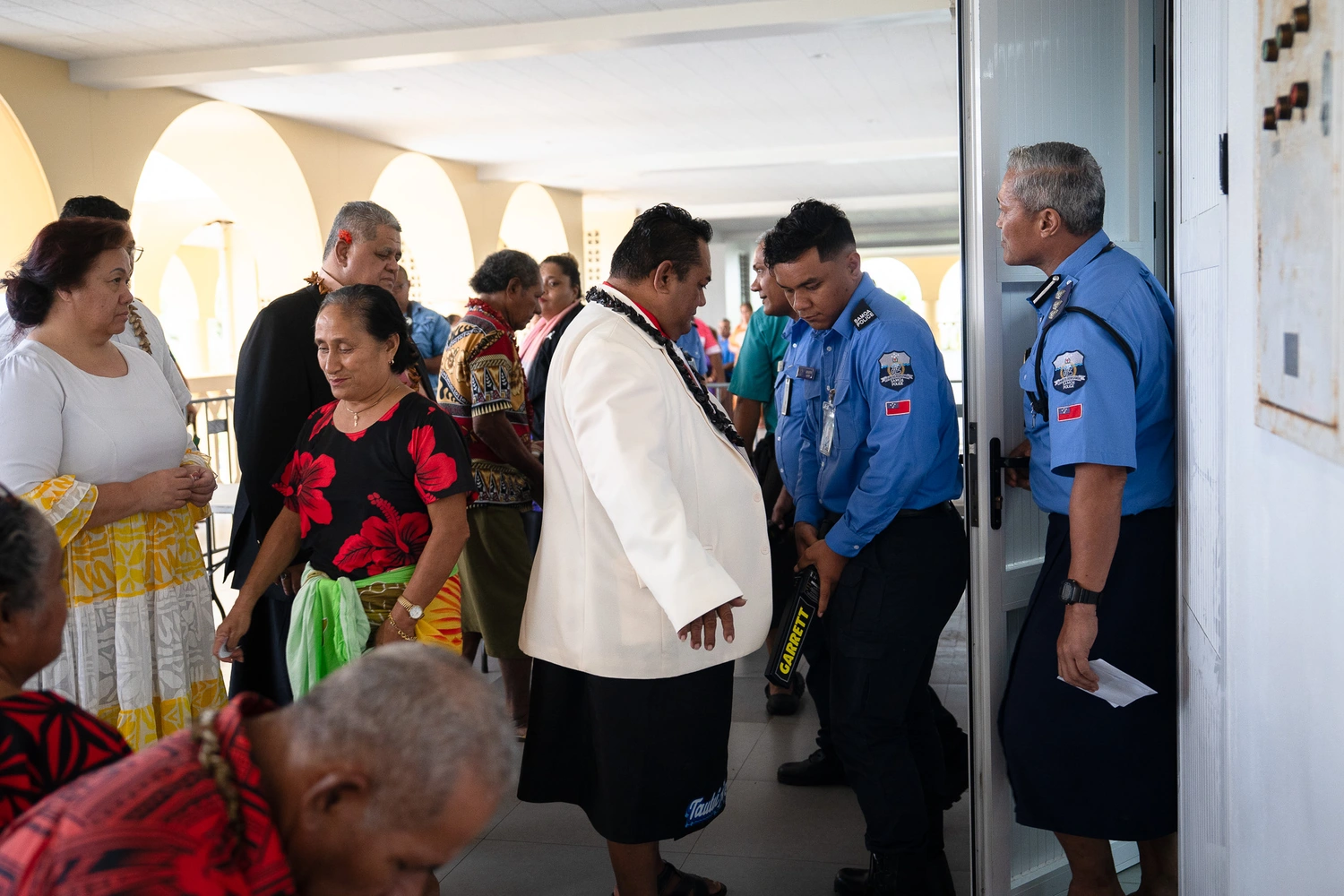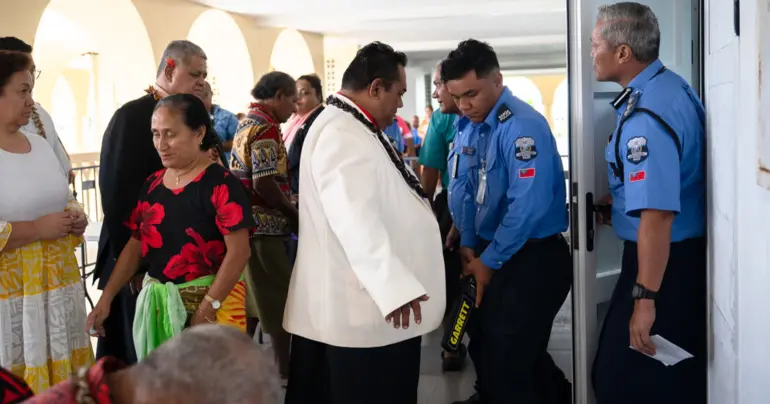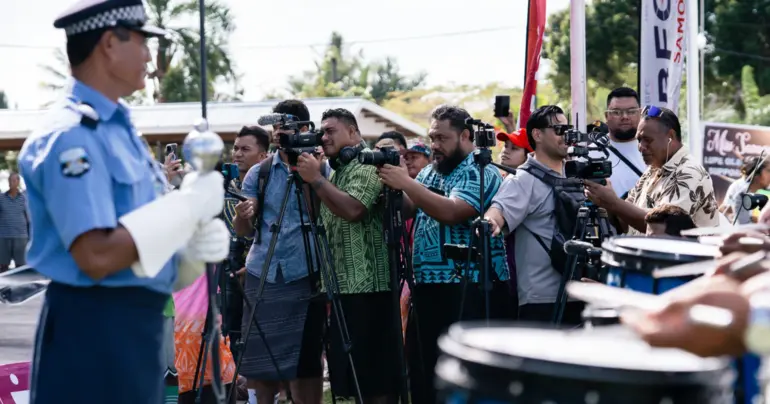Candidates need to disclose criminal charges, too
So far, we know of five election candidates who have pending criminal matters before the court systems. While being charged does not disqualify a candidate, such information needs to be disclosed.
Independent candidate Lauano Mulivai Lauano is charged with forgery, while Faʻatuatua i le Atua Samoa ua Tasi (FAST) candidate Tagaloa Tupou Afa is charged with theft. Lauano allegedly removed a person's name from a house design and put his name on it to obtain a permit. It has been revealed that Tagaloa's matter will be heard in the Supreme Court in November this year. This information has just come to light and has been left undisclosed.
FAST leader Laaulialemalietoa Leuatea Schmidt and FAST candidate Fepuleai Faimata Sua’s sentencing for the conspiracy case is scheduled for October. Laaulialemalietoa will be in court again for the individual charges on allegations of defamation in February next year. Samoa Uniting Party’s Faleomavaega Titimaea Tafua has pleaded guilty to a traffic offence and is expected to be sentenced sometime next month.
Voters have a fundamental right to know the antecedents of candidates contesting elections to hold public office. The ‘right to be informed’ is a right flowing from freedom of speech and expression. There should be changes in the law requiring candidates to record all particulars relating to past or pending criminal charges or cases against them. Candidates vie in elections to take public office, and all public office holders have to declare such information. Civil servants are required to do so, so why not members of parliament?
Such information only helps voters make a more informed decision on who they want to vote for. If voters choose to vote for someone with criminal charges before the court, it is their choice, but that information must be disclosed.
Having candidates with pending criminal charges also creates problems for the future. In the case of conviction or jail, this puts pressure on the electoral system, as this would mean a by-election, use of more taxpayers' money and uncertainty for voters, if the incumbent is voted in. This also highlights the need for a more stringent screening process by political parties, as some criminal charges indicate the levels of good governance, transparency and accountability practised by the party.
The different types of criminal charges should also matter. Traffic charges, which are not serious, can be negligible compared to thefts, forgery, murder, corruption-related offences or sexual offences. What type of standards are political parties setting? The nation needs leaders who will be exemplary in every way. We need leaders who will step down as candidates and parliamentarians if they get charged for criminal offences. Why? Because this is the right thing to do.
Not a very good example is being set for future leaders. Disclosing convictions and charges must be done; the voters have the right to know.











